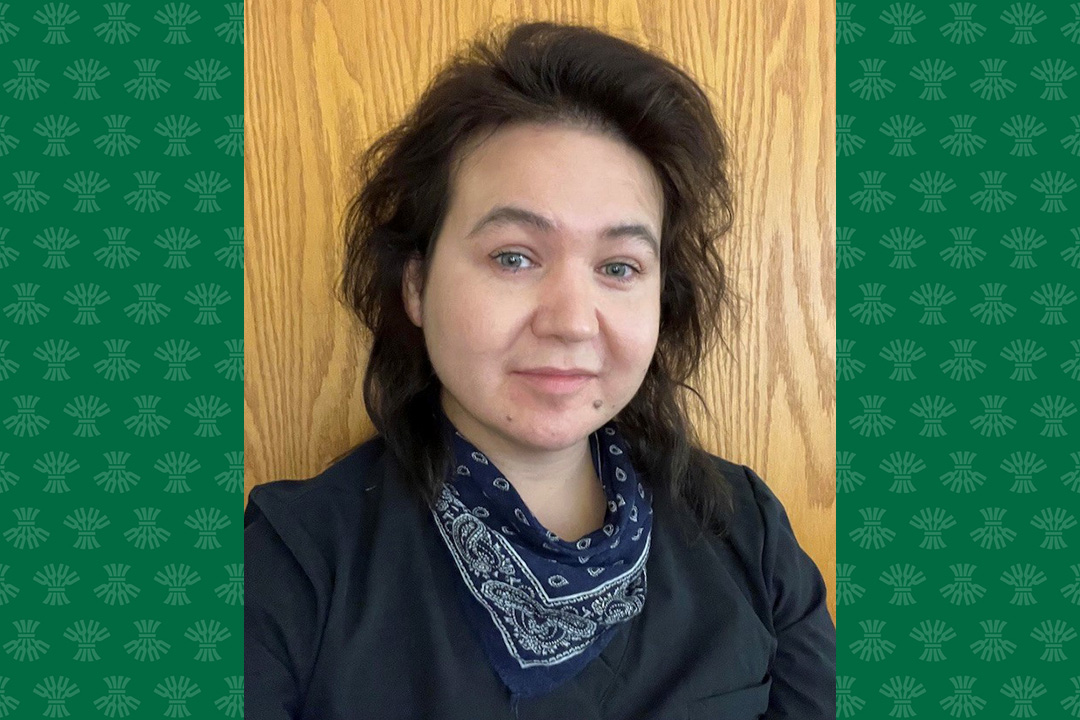
Getting to Know: Dr. Rachel Asiniwasis
A Q-and-A with Dr. Rachel Asiniwasis (MD), a Regina-based faculty member in the Department of Medicine’s Division of Dermatology.
Can you provide a short description of your background?
My name is Rachel Asiniwasis and I’m a dermatologist of Plains Cree, Saulteaux, and English background. I’ve been in full time practice since 2014 and based in Regina, where I was born and raised. Due to the lack of pre-existing clinical and academic infrastructure for dermatology in our province, I opened my own practice which is named Origins Dermatology Centre.
Over the last several years, I have serviced both the general population and provide in-person and virtual care to rural and remote First Nations (Cree, Dene) and Métis communities across the province, especially in the south. I also have a M.Sc. in Health Sciences in clinical and translational research.
What is your area of research?
My interests include medical dermatology, common inflammatory skin diseases (especially psoriasis and atopic dermatitis), skin of colour, medical education, Indigenous health, virtual care and rural outreach. Current projects and manuscripts in progress include:
- Dermatological Disease in North American Indigenous Peoples: A Systematic Scoping Review
- Virtual Dermatology Clinics in Remote and Southern Saskatchewan Indigenous Communities: Addressing Challenges and Exploring Opportunities.
- National Health Practitioner Survey on Dermatologic Conditions seen in Remote Indigenous Communities in Canada.
- Exploring Dermatoepidemiology in Saskatchewan Indigenous patients: a retrospective chart review of rural and remote outpatient clinics.
- Sharing Our Experience: Barriers to Care, Preferences and Values of Rural Indigenous Patients on Skin Disease Management.
My current publication profile can be found at https://www.researchgate.net/profile/Rachel-Asiniwasis.
Could you tell us about your ‘Big moments of research’?
After experiencing recurrent themes of poorly documented but severe, comorbid and debilitating skin disease, particularly in rural Indigenous communities in Saskatchewan, one of the major driving reasons I completed a master’s degree in clinical and translational research was to better understand how to document these problems in order to contribute to advancing knowledge and closing gaps in health disparities.
The impact is deeply concerning, especially the crisis of chronic skin infections and atopic dermatitis in the pediatric Indigenous population. After meeting with health region policy and decision makers to raise awareness, it became increasingly clear to me that the problem needed to be documented before further tangible actions would be taken.
Do you have any messages from early career clinicians on how to get involved in research? Or any messages for junior researchers?
I have learned that being a principal investigator requires endurance, persistence, and patience. However, this path is well worth the reward as research advances our specialty by generating new knowledge. My best advice is to find a mentor that has similar interests and is willing to work with you to advance your career.
What are your future aspirations for research?
I aspire to promote awareness and advocate for my patients who suffer from skin disease that have wide reaching physical, mental, emotional and psychosocial impacts that are often under-recognized in our province.
I also strive to connect with other Indigenous students and researchers. Recently, I have been in touch with the developing health sciences department at First Nations University (FNUC). I would love to help bridge connections between FNUC and the University of Saskatchewan, as well as other academic universities in North America, to create novel projects that engage and empower communities. I believe our province can be a leader in this area if the right interdisciplinary infrastructures and community engagements are in place.
